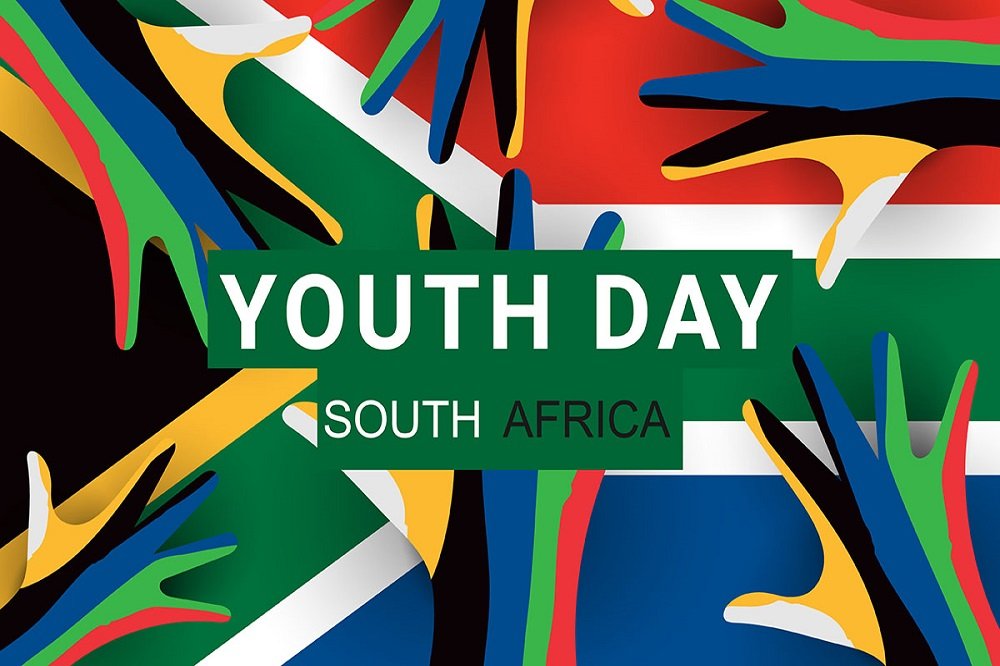SA reflects on 49 years of 1976 Youth Uprising – SABC News

It has been 49 years since the uprisings on 16 June 1976, when the youth in Soweto marched in protest against the compulsory introduction of Afrikaans as a medium of instruction in their schools.
The youth of the day demonstrated their will to influence political change in the country.
However, since then, South Africa has seen a shift in youth engagement when it comes to political participation, despite the group making up 63% of the country’s population.
Where does the youth find itself?
49 years after the 1976 student uprising, South Africans celebrate this Youth Month under the theme Actively advancing socioeconomic gains of our democracy”.
However, after at least 30 years of democracy, where does the youth of today find themselves?
Over the last 15 years, there has been a steady decline in youth participation when it comes to elections.
Youth organisations from political parties have weighed in.
Economic Freedom Fighters (EFF) Youth Command National Leader, Nyakallo Mokoena says that the youth in South Africa are disempowered.
“30 years into democracy, far too many young people feel disillusioned, excluded, and disempowered by the system that has failed to deliver on the promises of land, jobs, quality education, and economic opportunity.”
Acting Youth Leader for the DA, Ndipiwe Olayi, says the youth is playing an active role in politics.
“As we reflect on the past 31 years of democracy, we can indeed say young people have come a long way. We have come a long way where we see young people participating in the political landscape of South Africa, driving change on a national, provincial, and a local platform, where young people came out in their numbers to ensure that today, South Africa, we have a government of national unity where the Democratic Alliance and various other political formations play a part in.”
Unemployment
A prominent problem plaguing the youth is growing unemployment and not their needs being met on the ground level and as such, what role do youth organizations play in this equation?
African National Congress (ANCYL) spokesperson Zama Khanyase says the majority of the youth still feel disillusioned
“Many young people still feel disillusioned due to persistent inequalities, high unemployment, and lack of economic opportunities. We don’t shy away from these realities. That’s why the ANC Youth League exists to agitate, to influence policy, and to ensure that the voices and needs of young people are not just heard but acted upon. We’re on the ground across communities, mobilising and engaging institutions, and holding leadership accountable to the promises of democracy.”
Mokoena says the party still maintains its presence.
“Through platforms like the EFF Youth Command and our vigorous presence in communities and parliament, we mobilise, educate, and empower young people to take charge of their future through industrialization, support youth entrepreneurship, and ensuring the state takes responsibility for uplifting its youngest citizens. ”
With growing unemployment and slow economic growth, the question stands, on who should bring about change, the youth or those in charge.
VIDEO | Chairperson of the Sam Nzima Foundation , Thulani Nzima says each generation of youth has its own set of challenges:
June marks Youth Month in South Africa. It honours the role young people played in the fight against apartheid and the Soweto Uprising of 1976, which was a turning point in the struggle for liberation in South Africa. Chairperson of the Sam Nzima Foundation , Thulani Nzima weighs… pic.twitter.com/K4NQ6XJUu0
— SABC News (@SABCNews) June 1, 2025
